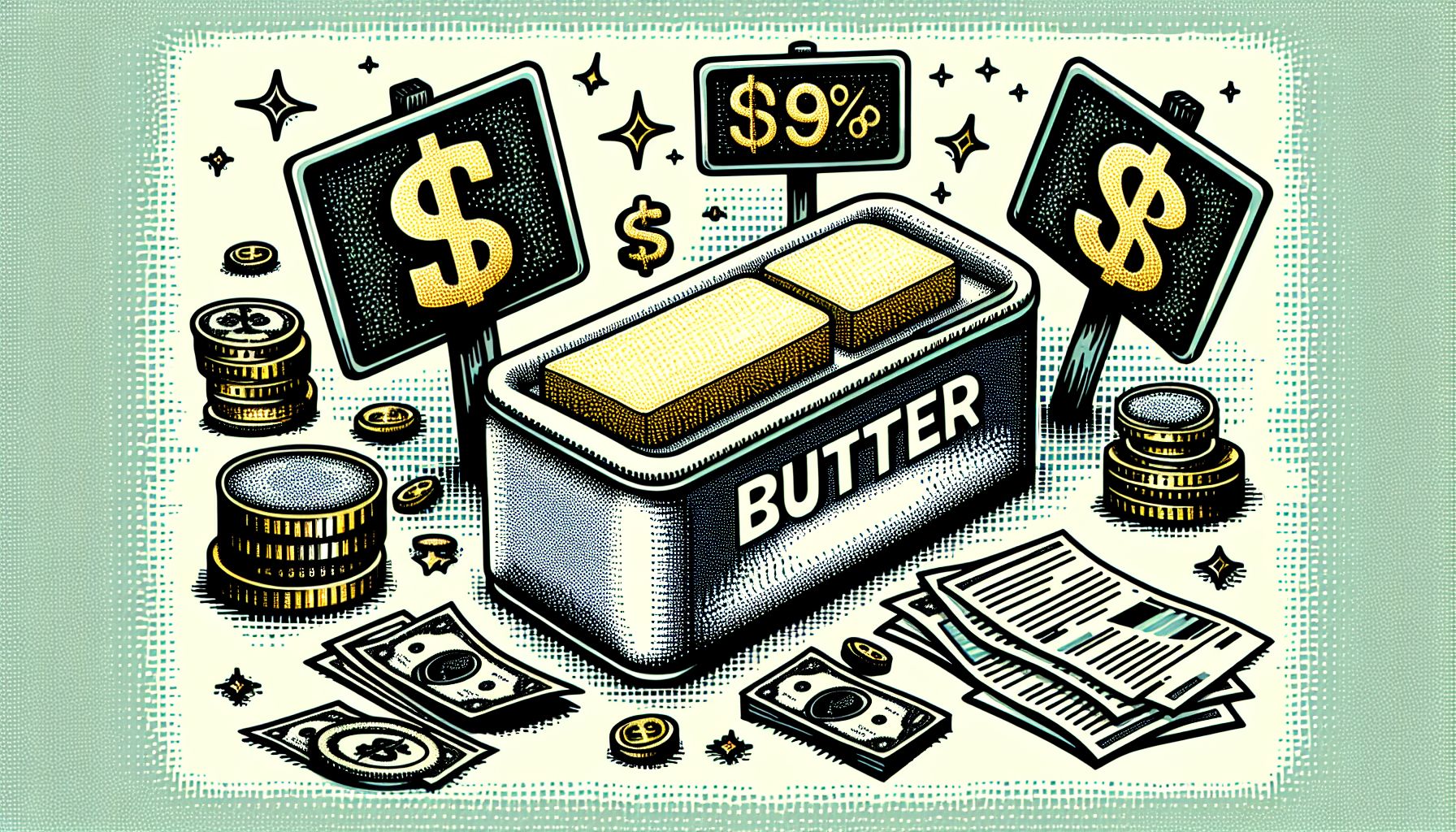Russia's Butter Crisis: A Symptom of Putin's War Economy

Moscow, Tuesday, 12 November 2024.
As Russia’s military spending soars, inflation hits staple foods hard. Butter prices have surged 26% since December, leading to thefts and highlighting the economic strain of prolonged conflict. The central bank’s struggle to balance war costs and inflation underscores the challenges facing Putin’s economic strategy.
Economic Pressures Intensify
The Russian economy is grappling with the dual challenge of sustaining military expenditures while managing rising inflation, a scenario compounded by Western sanctions. Since December 2023, the price of butter has surged by 27.5%, becoming emblematic of the broader inflationary trends affecting daily commodities in Russia. This price hike has led to incidents of butter theft, reflecting the desperation among consumers as the cost of living escalates[1].
Central Bank’s Dilemma
In response to the accelerating inflation, Russia’s central bank has increased its key interest rate to 21%, a move aimed at curbing inflation which has been running at 6.75% since the start of the year. Despite these efforts, inflation is expected to reach between 8% and 8.5% by the end of the year, surpassing the central bank’s target of 4%. The central bank’s aggressive rate hikes underscore the severity of the economic situation, as it attempts to stabilize the economy amidst ongoing military spending[2].
War Economy’s Strain on Resources
President Vladimir Putin’s administration continues to allocate substantial resources to military production, with defense spending projected to reach 13.5 trillion roubles ($145 billion) in 2025. This represents 6.3% of Russia’s GDP, exceeding allocations for education and healthcare. The prioritization of defense has strained consumer markets, leading to increased debt burdens for Russian households and prompting concerns about potential economic instability[3].
Global Implications and Future Outlook
While Russia’s economy is heavily reliant on oil exports to maintain fiscal stability, the impact of sanctions and ongoing conflict in Ukraine poses significant challenges. Experts warn that the focus on military production at the expense of other economic sectors could lead to long-term economic stagnation. The international community continues to monitor Russia’s economic maneuvers, as the combination of sanctions, inflation, and military spending reshapes the economic landscape. The ongoing conflict in Ukraine remains a pivotal factor influencing Russia’s economic policies and its broader geopolitical strategy[4].